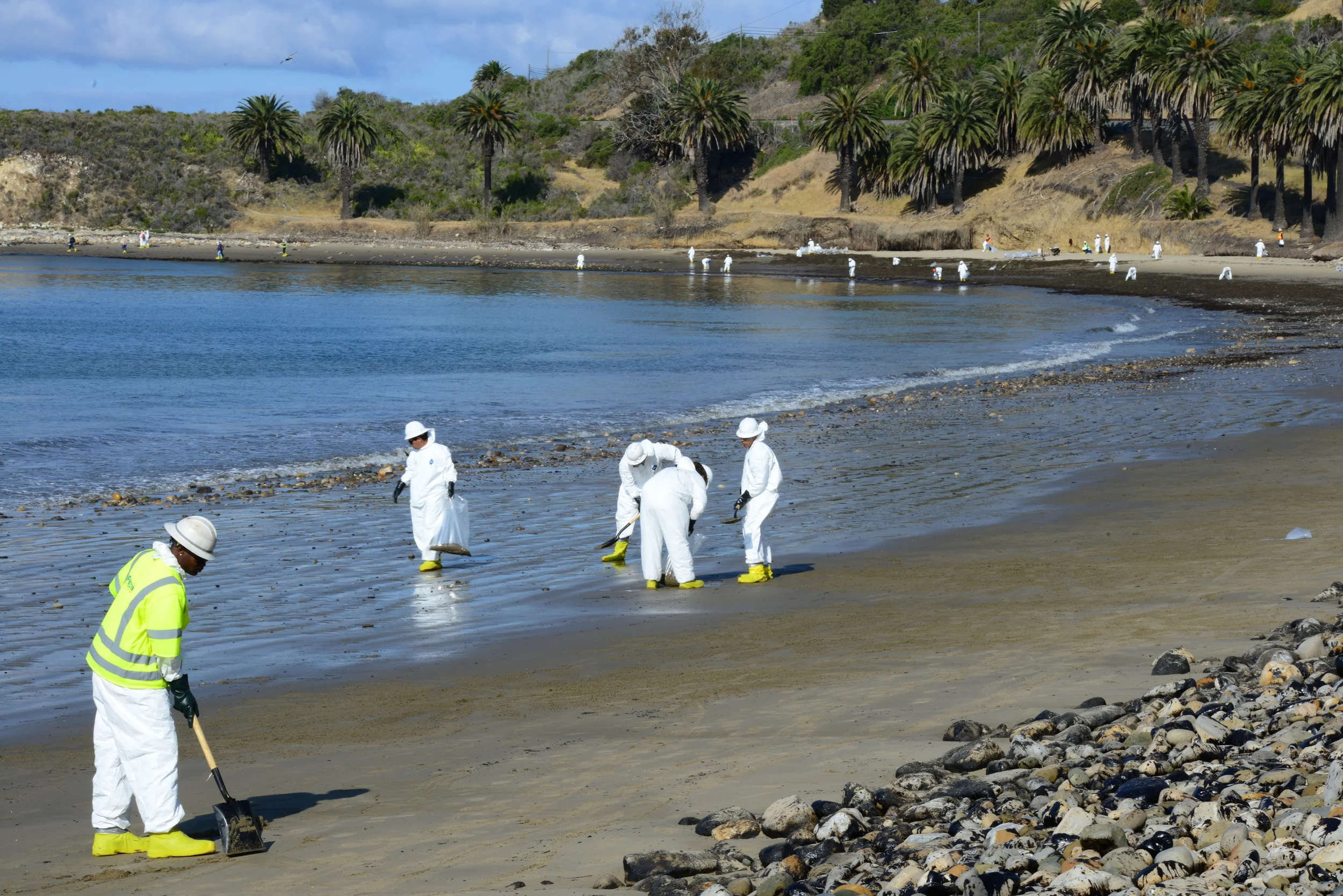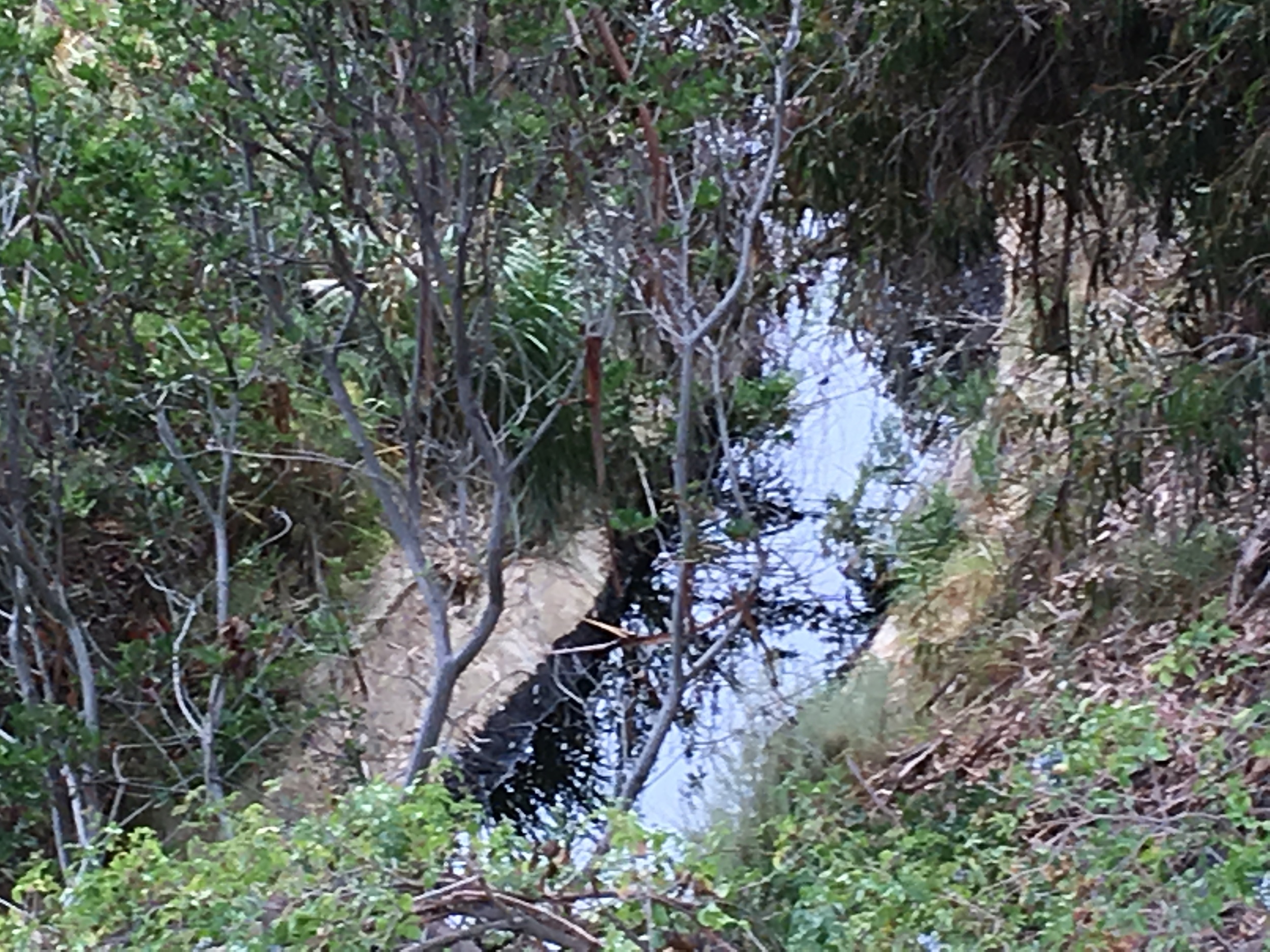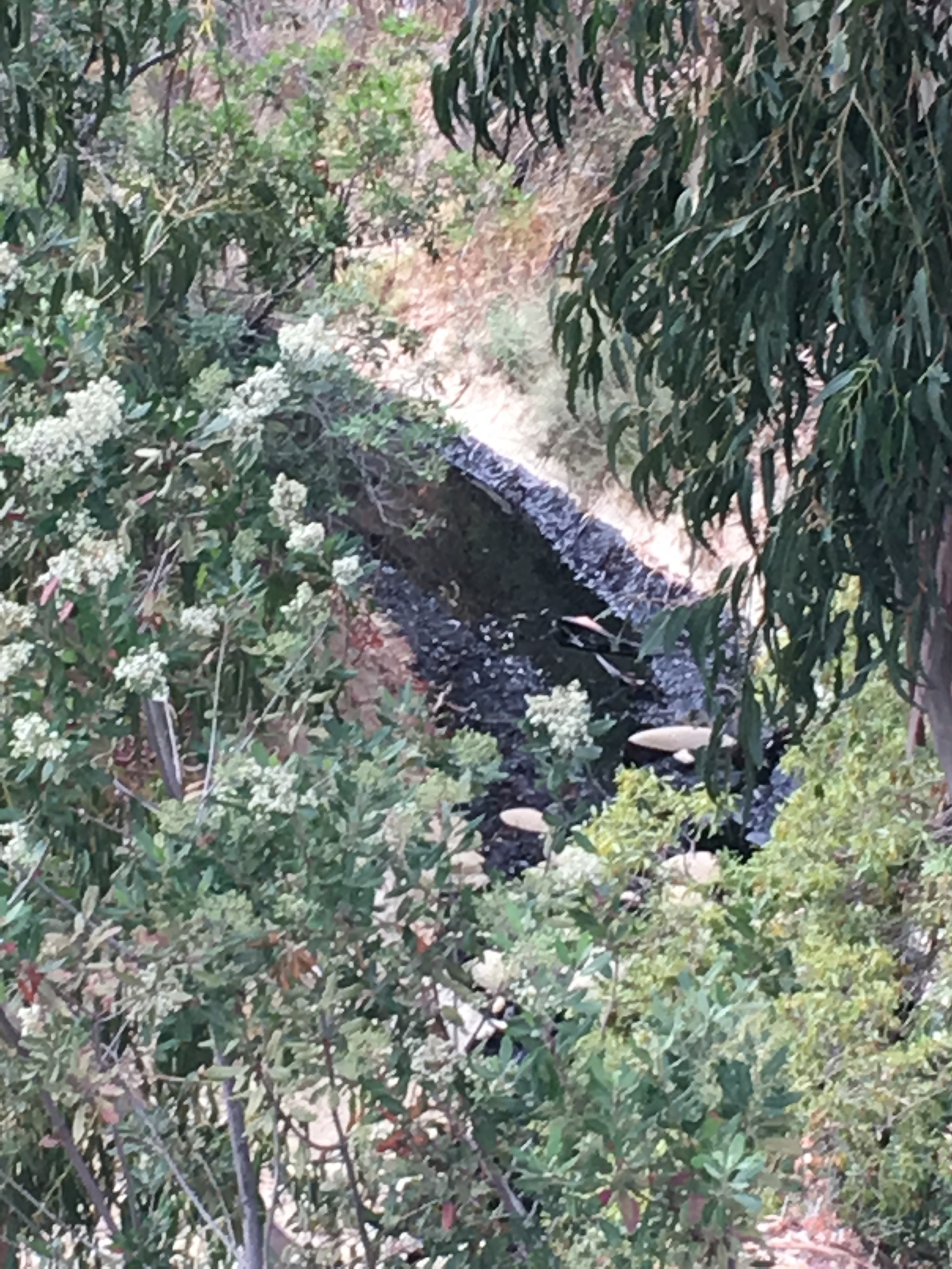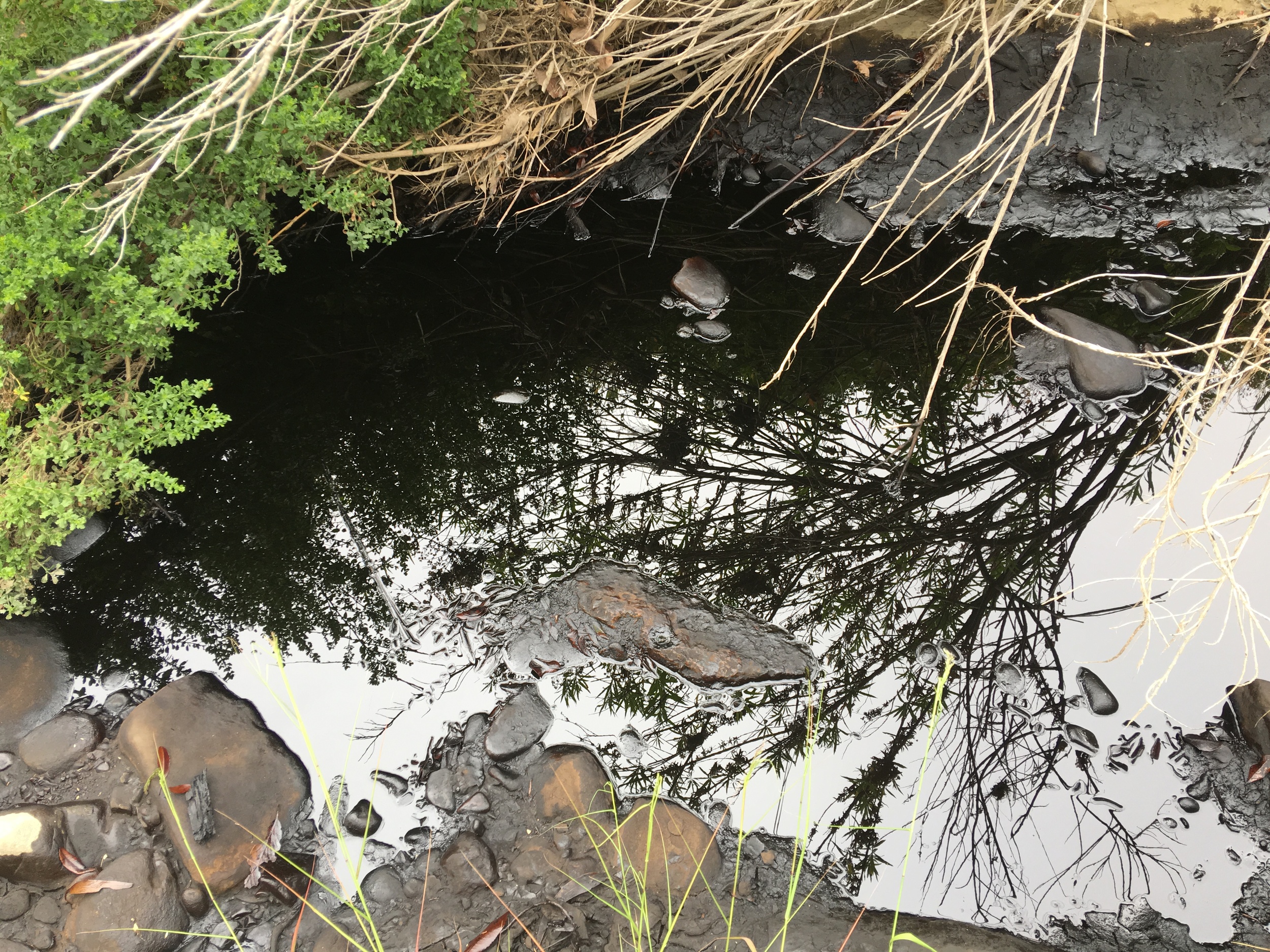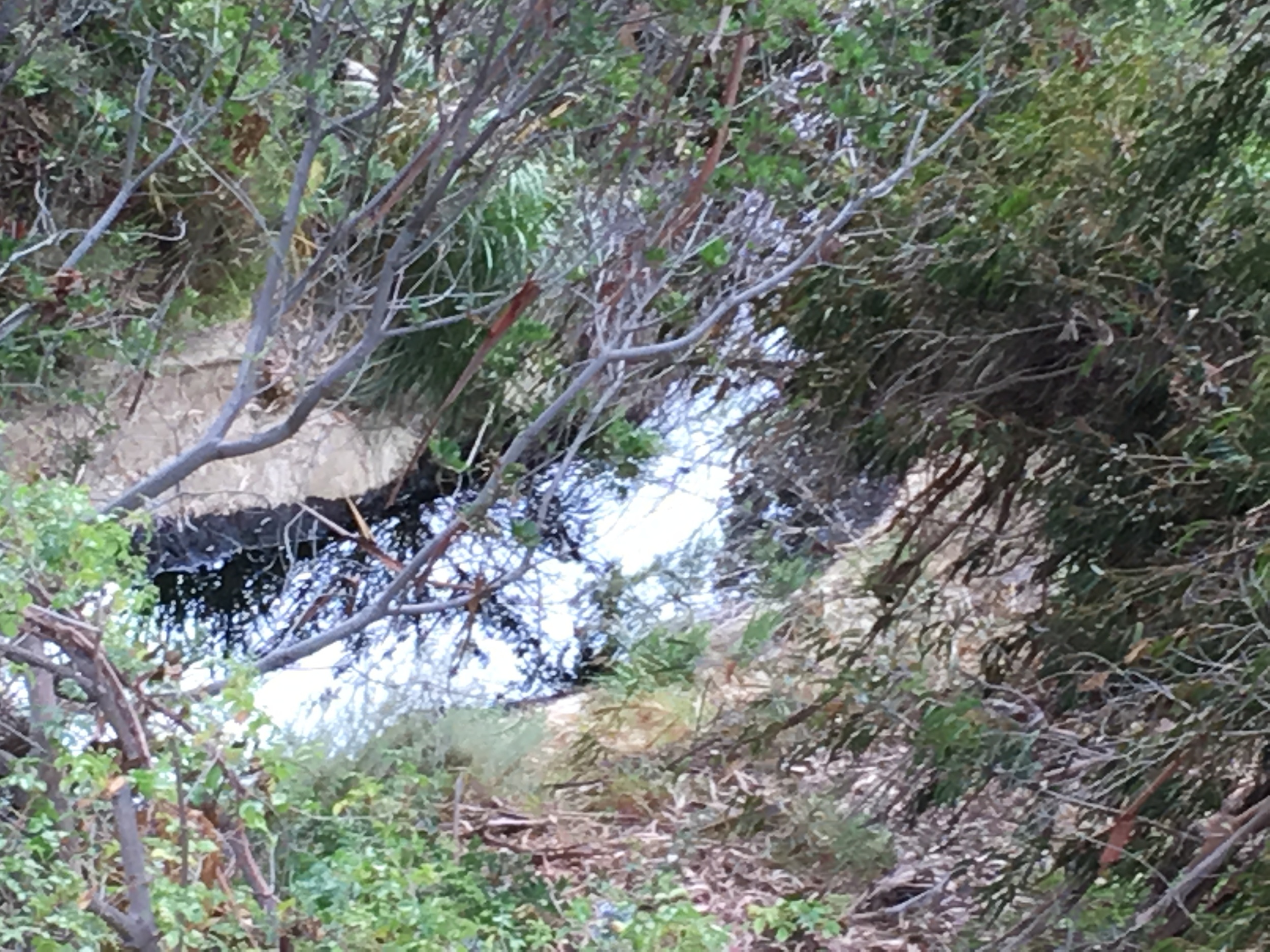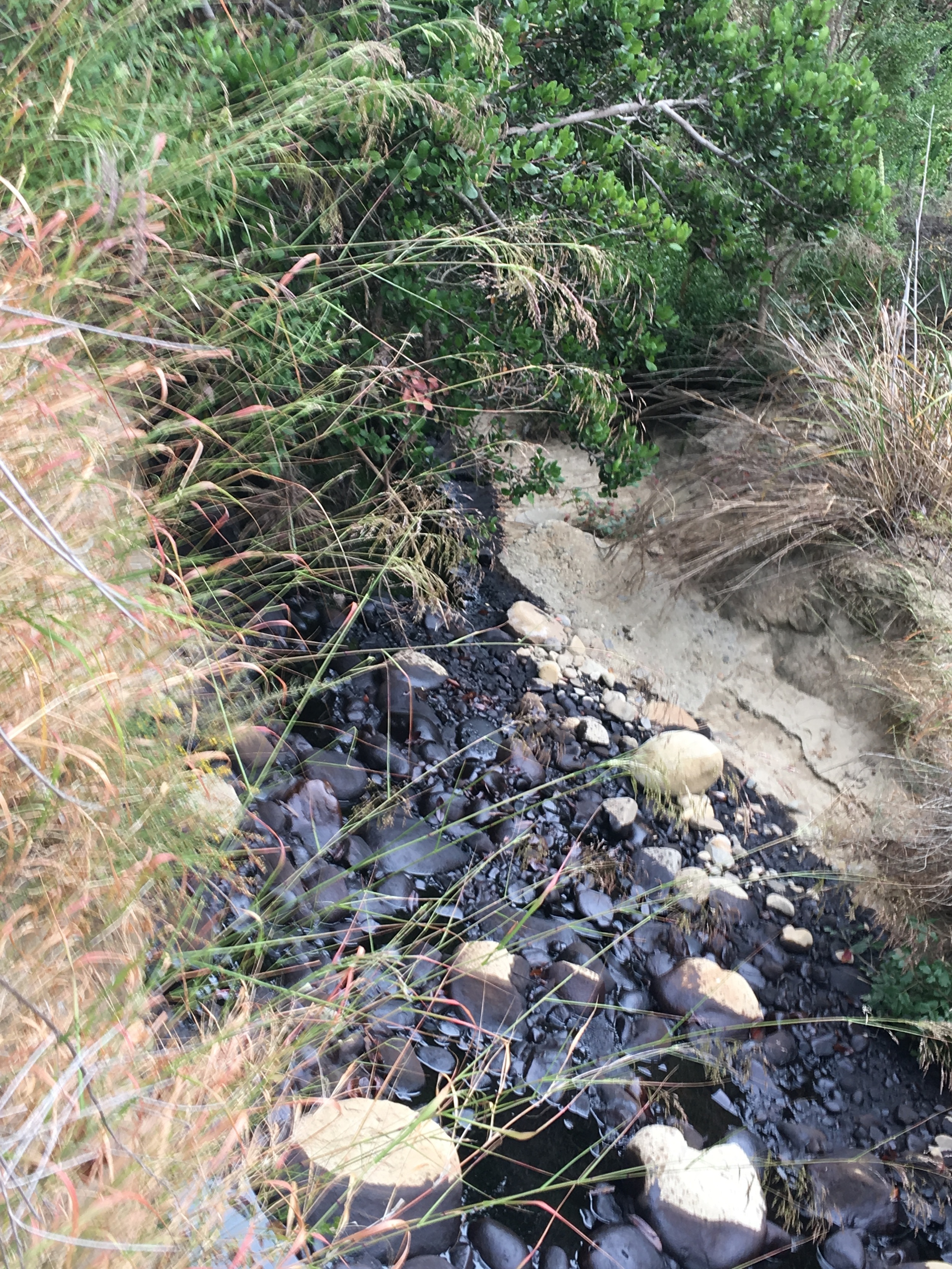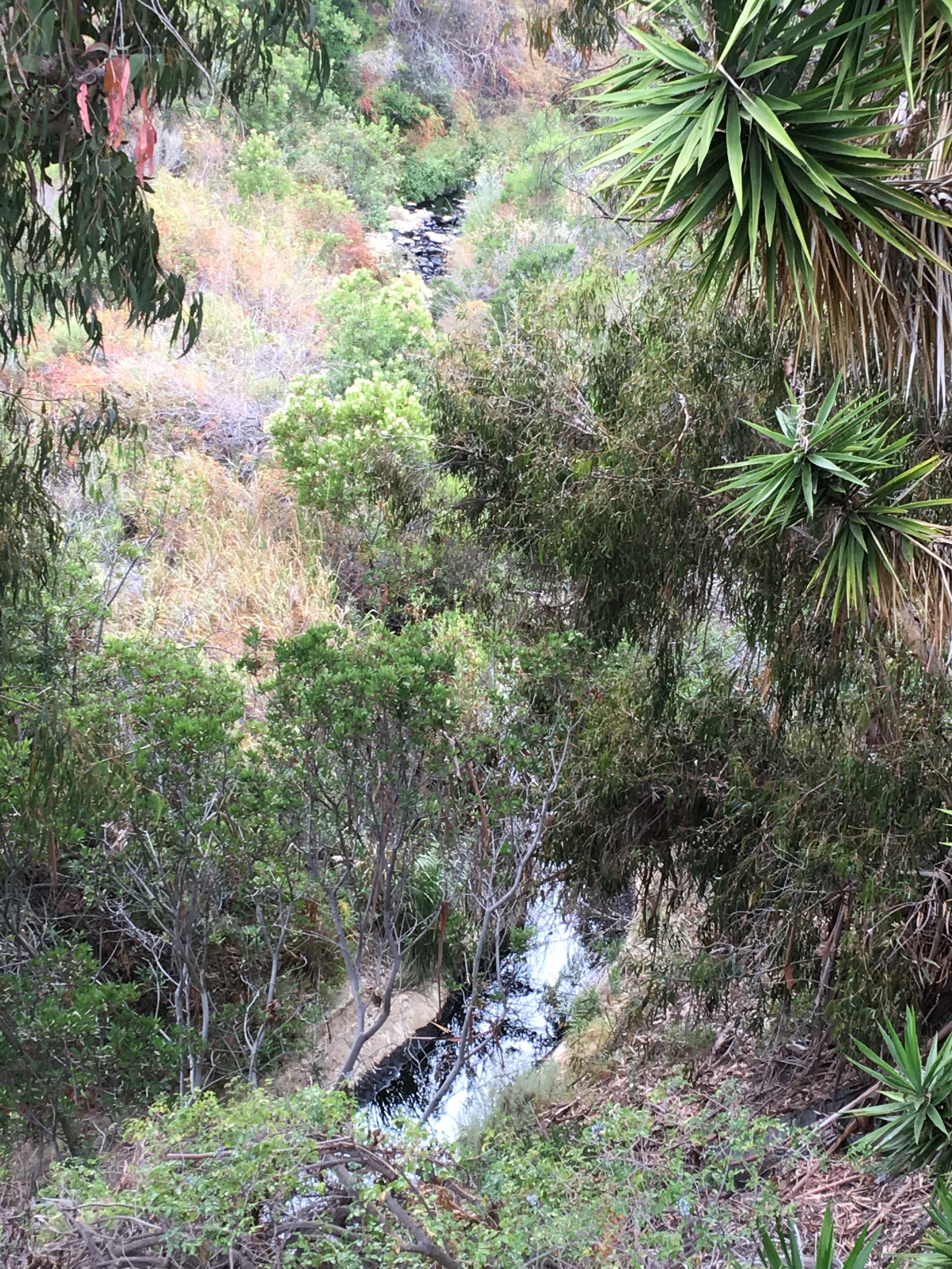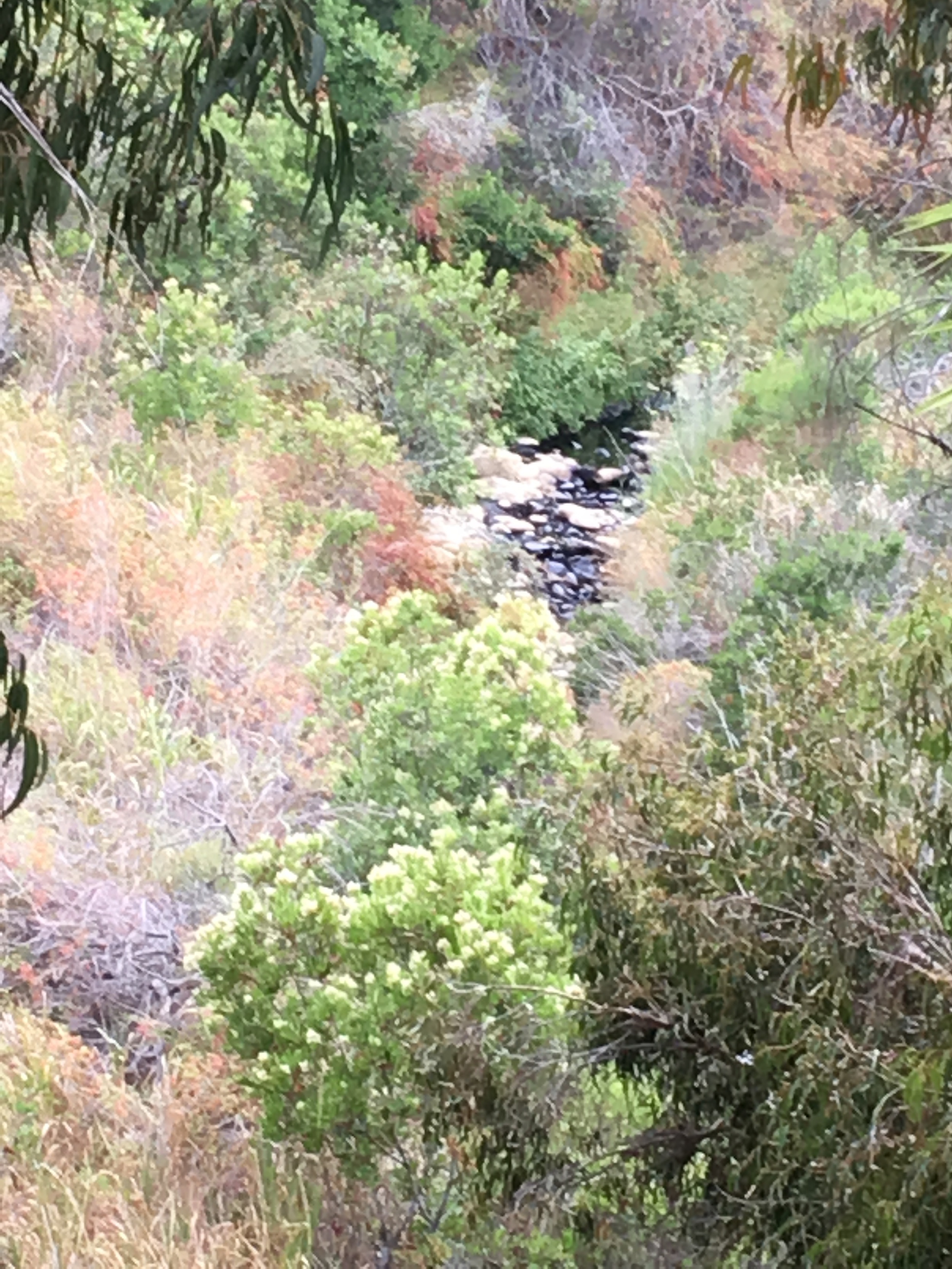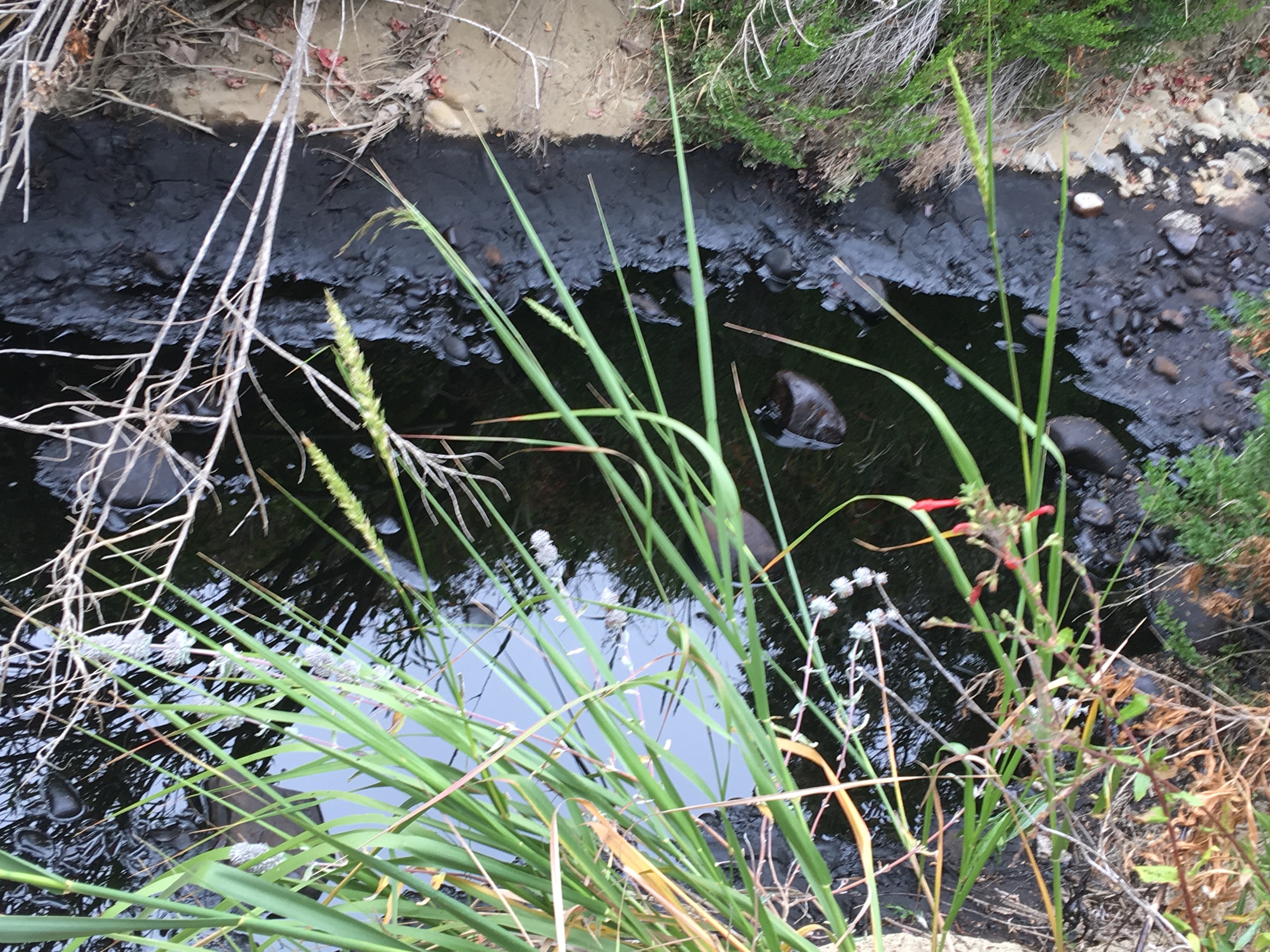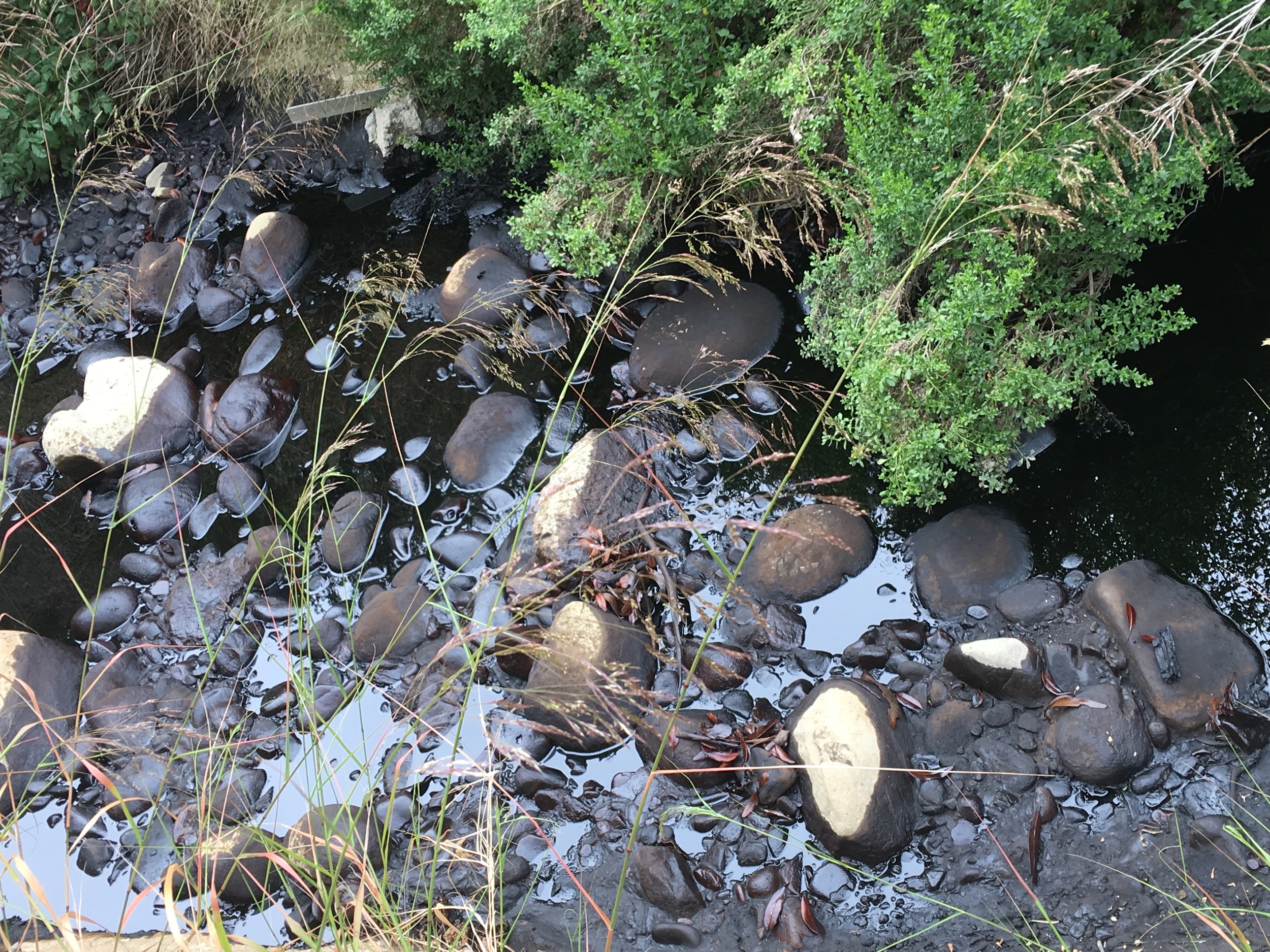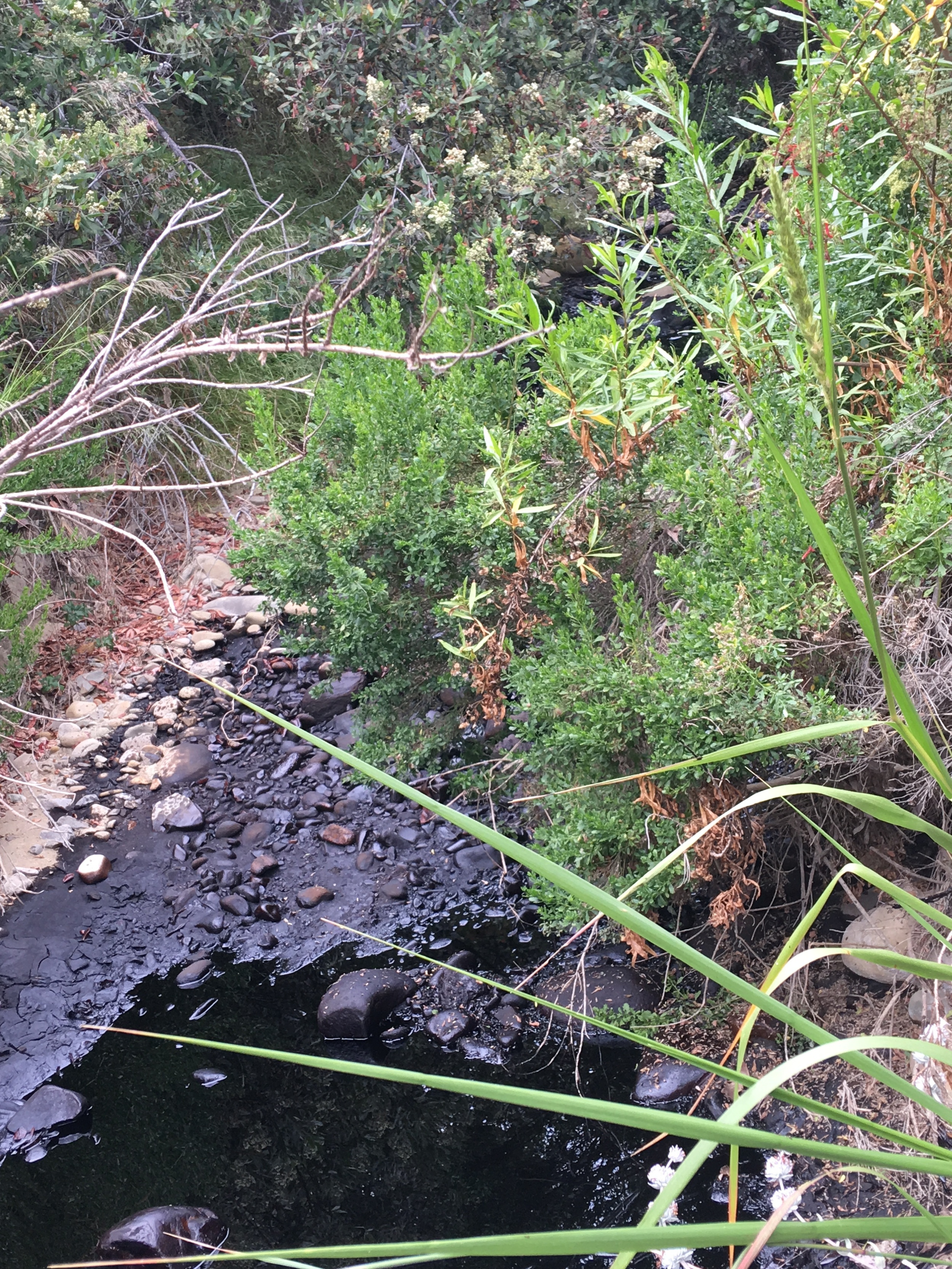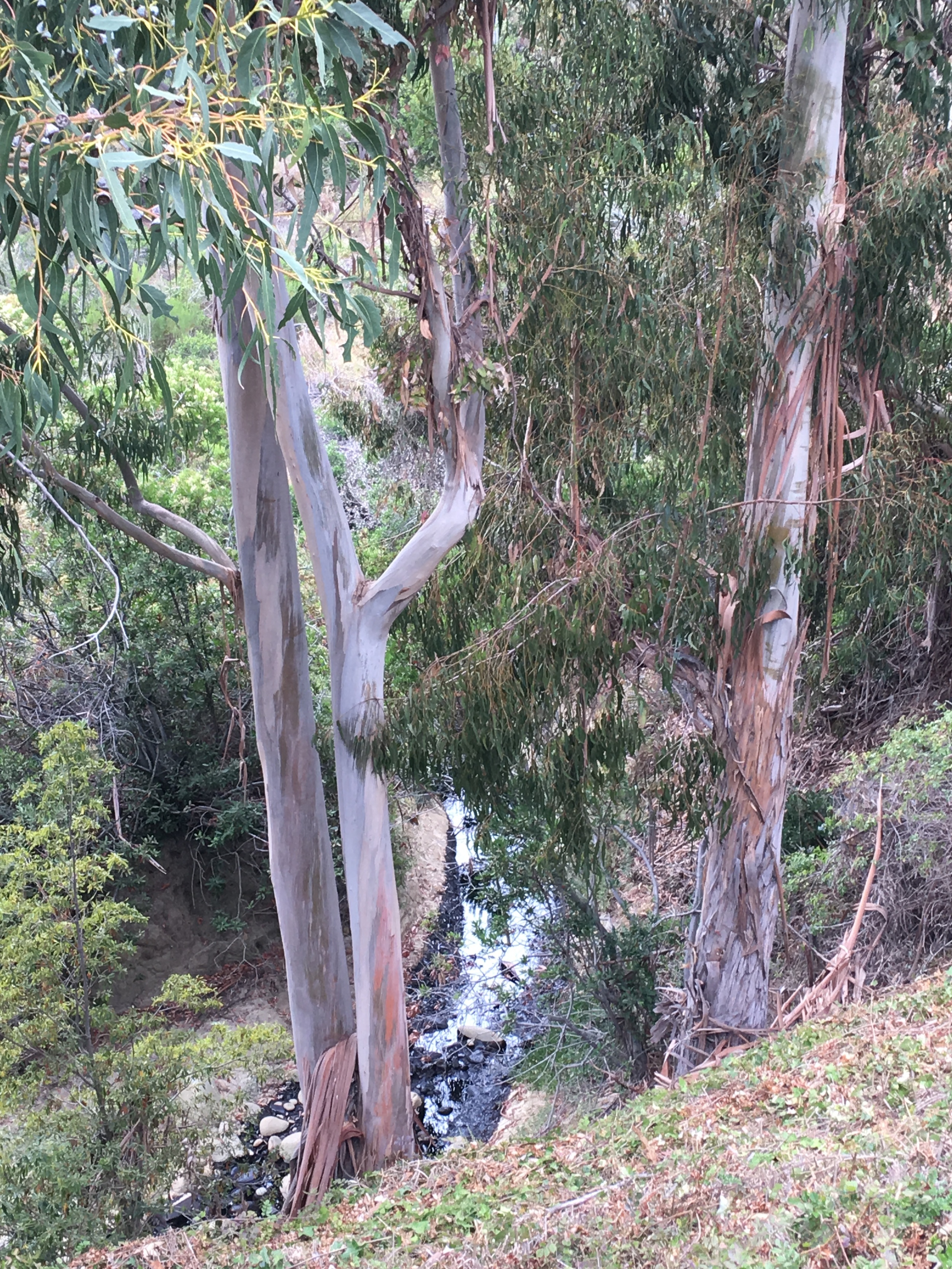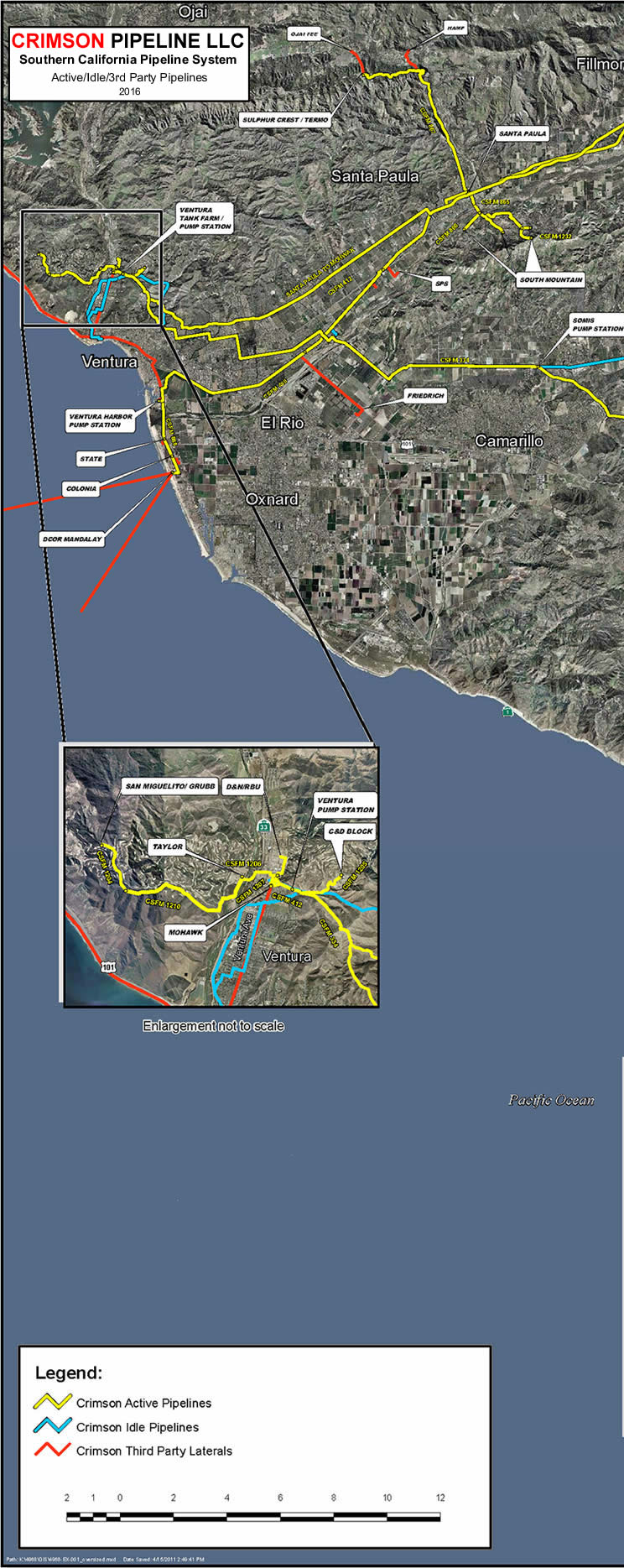Breaking News - Over 29,000 Gallons of Toxic Crude Oil Spill From Crimson Pipeline into Ventura Inland Waters - June 23, 2016.
Click Here for Press Release and Statements from Wishtoyo and its Ventura Coastkeeper Program
Click Here for the Wishtoyo and Ventura Coastkeeper Crimson Oil Spill Fact Sheet
Click Here for Los Angeles Times Coverage
Oil & Gas Campaign
Wishtoyo's oil and gas campaign focuses on preventing discharges of oil and other toxic pollutants from oil and gas operations into surface and ground waters throughout traditional Chumash territory from San Louis Obispo, through Santa Barbara, Ventura, and Los Angeles counties. We do so through advocating at local, state, and federal levels for protective regulations, oversight, and enforcement, and through citizen suit impact litigation.
Protecting marine life, all wildlife, and the environment from devastating spills and toxic discharges of pollutants is of utmost importance to the maintenance of Chumash culture, and the natural resources all peoples depend upon.
The Refugio Oil Spill - Plains All American Pipeline
On May 19, 2015, Plains All American Pipeline 901 ruptured in Santa Barbara County, California, spilling over 100,000 gallons of crude oil in the Pacific Ocean at Refugio State Beach along the Gaviota Coast. Contaminating Marine Protected Areas and ocean waters of the Southern California Bight from the Channel Islands through Malibu, and as far south as Redondo Beach 100 miles away, the spill devastated and killed marine life. In addition to fouling sensitive beach and marine habitat, and killing marine life such as dolphins, sea lions, and other wildlife, the damage to marine species and their ecosystem will linger for years, threatening humpback whales and other endangered species. The death of dolphins resulting from the spill was particularly aggregious to the Chumash Peoples, as the Chumash people consider dolphins (alukoy) as ancestors. Other cultural harms to the Chumash peoples include impacts to their ability to gather natural cultural resources from the ocean needed to maintain their cultural practices and conduct ceremony, and an inability to conduct an annual tomol voyage to their homeland on the Channel Islands.
All evidence indicates that the pipeline burst was due to inadequate and negligent pipeline maintenance and operation. It appears corrosion accelerated by operating the pipelines at high temperatures and high pressure caused the spill, and that the spill could have easily been prevented by more frequent inspections, repairs, and safer operations. Wishtoyo is advocating vigorously with state and federal agencies and the California State Legislature to ensure adequate protocols and protections are in place before Plains resumes operations of their pipelines along the Gaviota Coast and to prevent future spills into California's inland and coastal waters.

